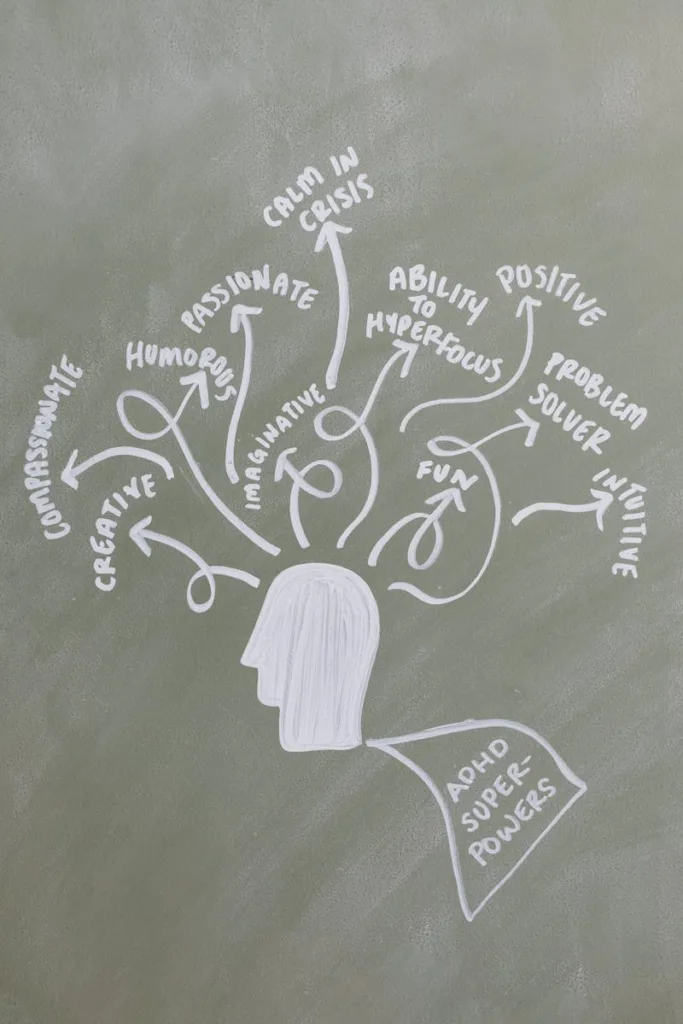Table of Contents
Researchers from the Universities of Cambridge and Melbourne completed a significant study that was published in the journal Science Advances, providing insight into how some drug or medications affect cognitive performance. The results of the study, which included 40 healthy individuals between the ages of 18 and 35, cast doubt on the idea that medications like Ritalin and Adderall improve cognitive function.
According to one of the study’s authors, Peter Bosarts, a professor of neuroeconomics at the University of Cambridge, “Our results suggest that these drugs do not actually make the takers ‘smarter.'” Although these medicines release dopamine, which is anticipated to improve drive and effort, the study found that using them causes overthinking, which leads to inconsistent cognitive function.

Negative aspects of the drug
People who are not diagnosed with ADHD frequently think that Ritalin or other prescription medications can improve their ability to focus. The results of the study, however, suggest that these medications have the opposite impact on some people.
Four randomized trials, spaced one week apart, were used in the study. Participants received a placebo and one of three regularly used medications: methylphenidate (Ritalin), modafinil (Paravigil), or dextroamphetamine (Adderall). The “backpack task,” which measures the ability to allocate items optimally within a virtual backpack to maximize its capacity, was used to evaluate participants during the trials.
The test’s accuracy and efficiency were shown to have somewhat decreased in the drug-using subjects, while their time and effort were also found to have increased. To give one example, those who took Ritalin took, on average, around 50% longer to finish the assignment than those who took a placebo.
Elizabeth Bowman, a researcher at the University of Melbourne, stressed the need for more studies on how well these stimulants work in people who are neurotypical. She said, “Our research demonstrates that drugs intended to enhance cognitive performance in patients may actually result in healthy users exerting more effort, leading to lower-quality work over an extended period.”
Implications for People Without ADHD

The results of the study have important ramifications for people without ADHD who are thinking about using Adderall or Ritalin to improve their cognitive function. According to the research, this kind of utilization could have unforeseen implications such as lower performance quality and longer effort expenditure.
The necessity of additional research
The findings of this study demonstrate the need for more investigation to ascertain the actual effectiveness of stimulant medications in neurotypical people. It is vital to understand the possible drawbacks and restrictions associated with these medications in order to appropriately advise those pursuing cognitive improvement.

In conclusion, the study by researchers from the Universities of Melbourne and Cambridge shows that those without communication or concentration issues may not get the expected cognitive improvements from using Adderall and Ritalin. Rather, these medications may cause overstimulation and a decline in performance quality. To fully understand the impact of these stimulant medications on neurotypical people, more research is required.
you may also like : 3 important changes to Medicare will be necessary for you in 2025
The results of the study have important ramifications for people without ADHD who are thinking about using Adderall or Ritalin to improve their cognitive function. According to the research, this kind of utilization could have unforeseen implications such as lower performance quality and longer effort expenditure.
The results of the study have important ramifications for people without ADHD who are thinking about using Adderall or Ritalin to improve their cognitive function. According to the research, this kind of utilization could have unforeseen implications such as lower performance quality and longer effort expenditure.
The dark side of medications: These drugs do more harm than good (msn.com)

